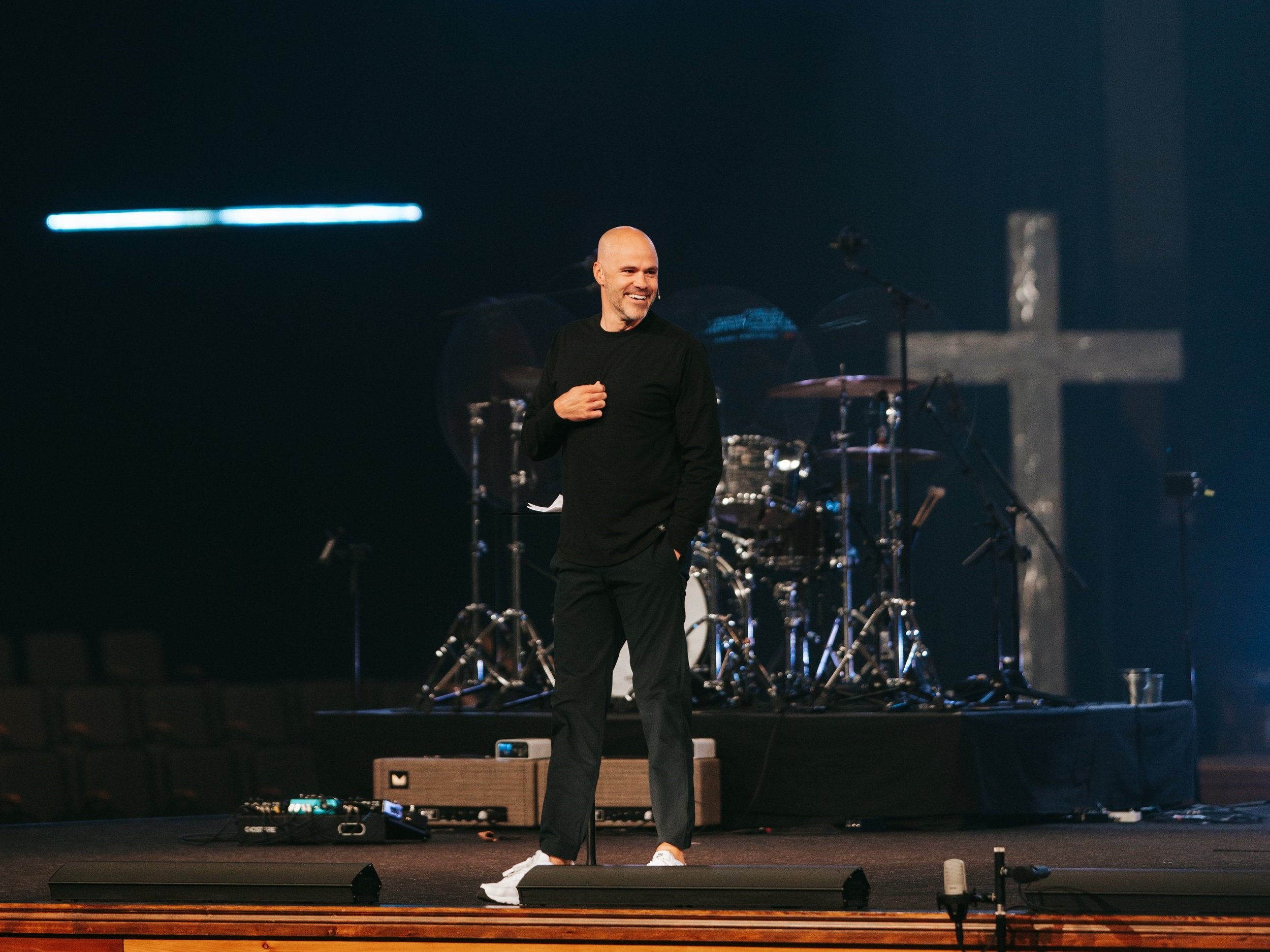
Daniel Grothe
Pastor, Speaker, Author
Meet
Daniel
Daniel Grothe is the Associate Senior Pastor at New Life Church in Colorado Springs, Colorado. He is a pastor, speaker, drummer, and author of two books, The Power of Place and Chasing Wisdom. Daniel and his wife, Lisa, live on a small hobby farm outside of Colorado Springs with their three children:
Lillian, Wilson, and Wakley.
The Power
of Place
How can we experience the deep fulfillment, friendship, and fruitfulness God created us for?

